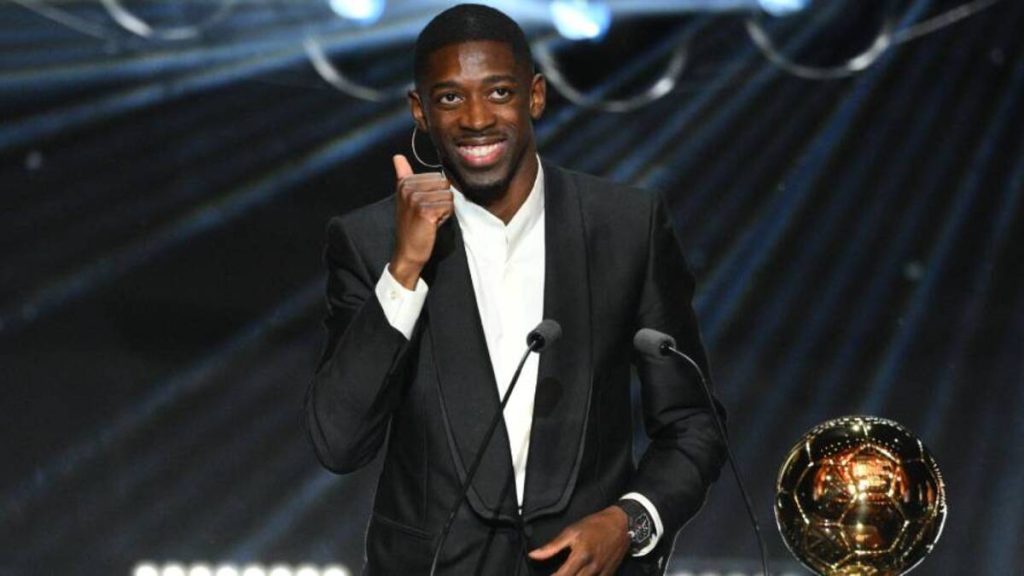In 2017, Ousmane Dembélé made a high-profile move from Borussia Dortmund to FC Barcelona for an initial fee of €105 million, potentially rising to €147 million with add-ons. The young winger arrived at Camp Nou as one of Europe’s most promising talents, wearing Neymar’s iconic No.11 shirt and hailed as a future star. However, his time in Spain was hampered by frequent injuries, starting with a hamstring tear in his first La Liga start that sidelined him for four months.
Over six seasons, Dembélé battled at least 14 muscle injuries, spending more than two years on the sidelines. Despite these challenges, he won three La Liga titles and two Copa del Rey trophies but struggled to maintain a consistent place in the team. Frustrated by repeated setbacks, Barcelona eventually sold him to Paris Saint-Germain (PSG) in 2023 for around £43.5 million.
At PSG, Dembélé found new life. During the 2024–25 season, he scored an impressive 35 goals in 53 games, playing a key role in helping PSG win the domestic double and their first-ever UEFA Champions League trophy. He scored 21 league goals with eight assists and was a decisive force in Europe, netting eight Champions League goals during critical knockout matches.
His remarkable form earned him the 2025 Ballon d’Or, narrowly beating Barcelona’s rising star Lamine Yamal. At the award ceremony, Dembélé was visibly emotional, calling the achievement “incredible” and thanking PSG’s staff and president for their support. He also praised coach Luis Enrique, describing him as “like a father” for helping him regain his best form.
From injury woes to football’s biggest individual honor, Dembélé’s story is a powerful testament to resilience and determination

